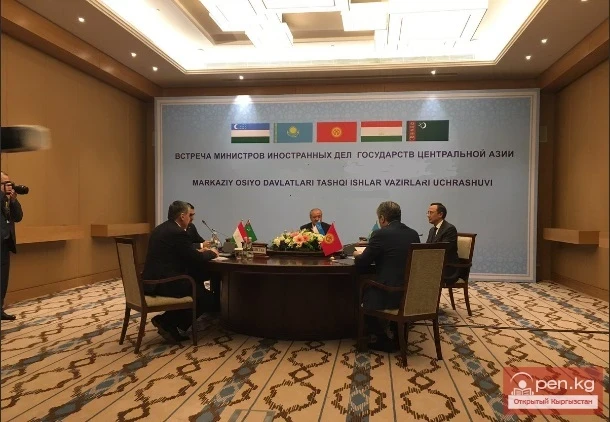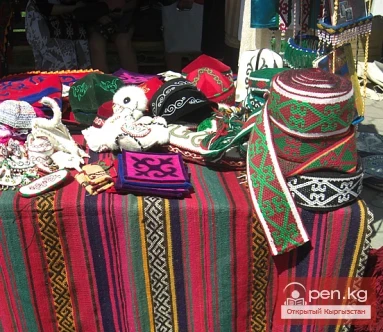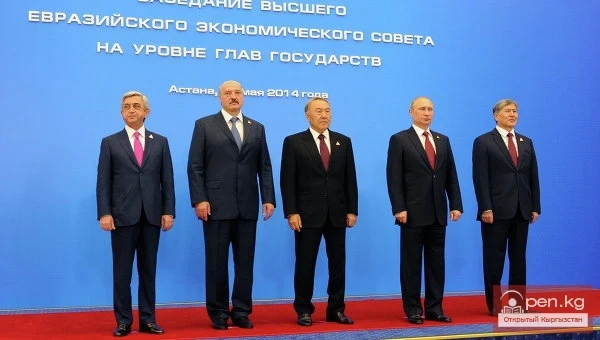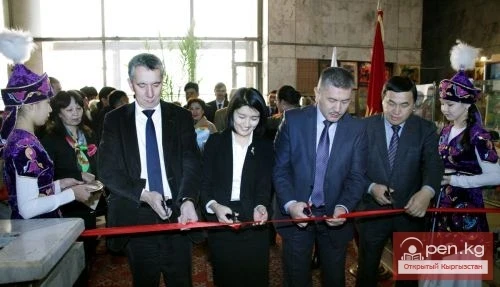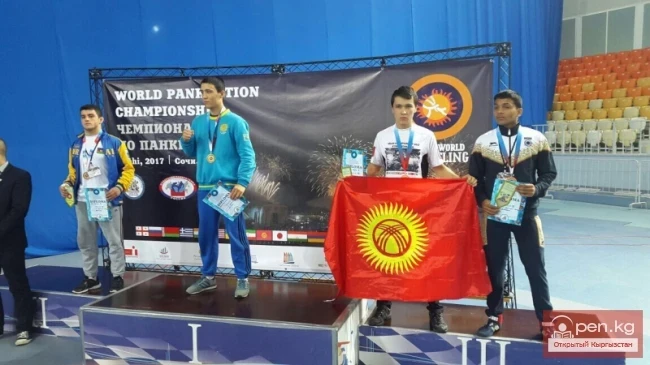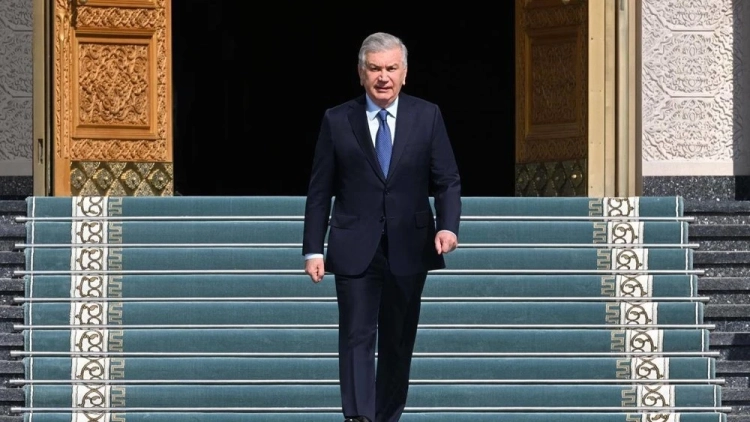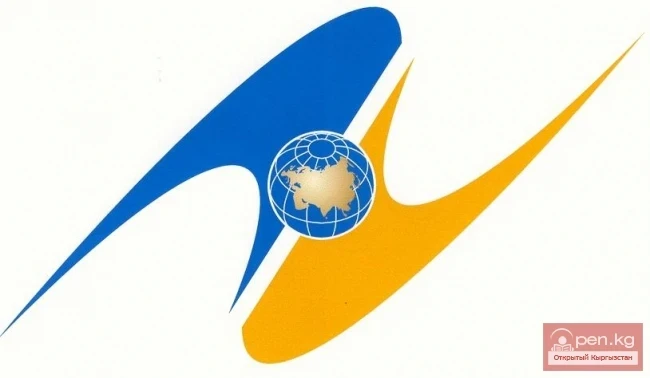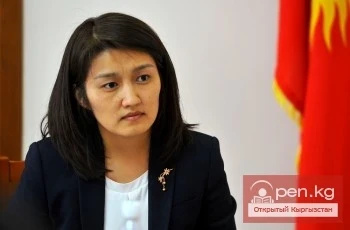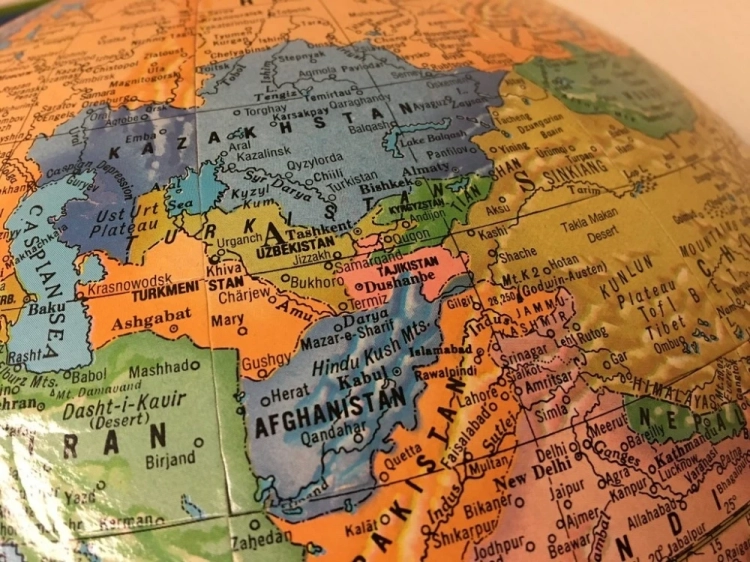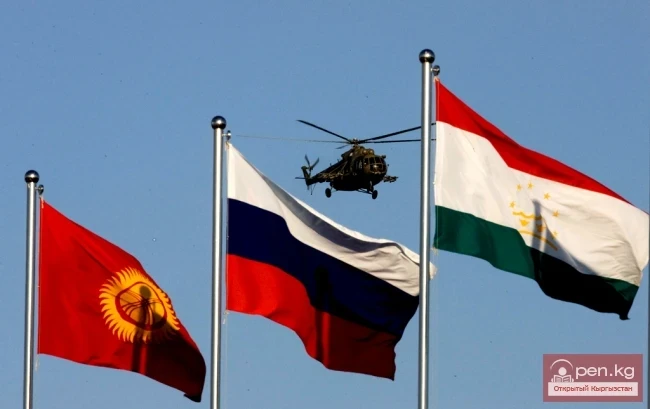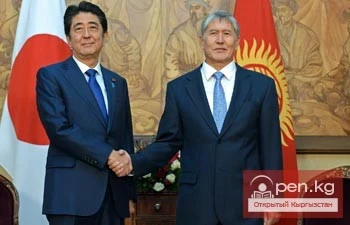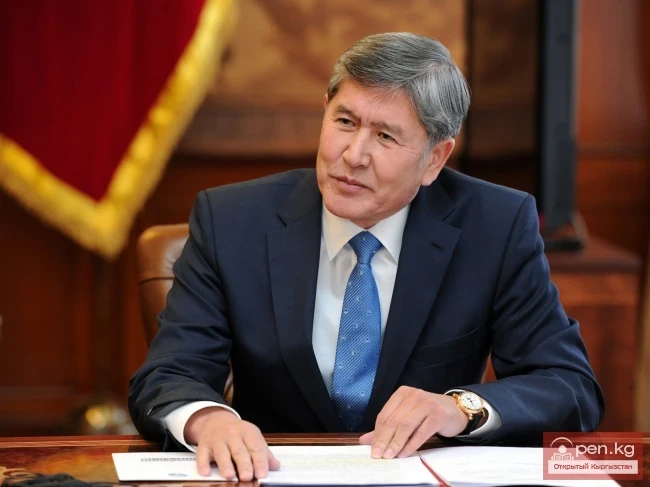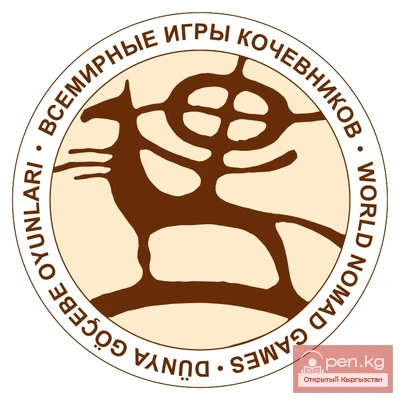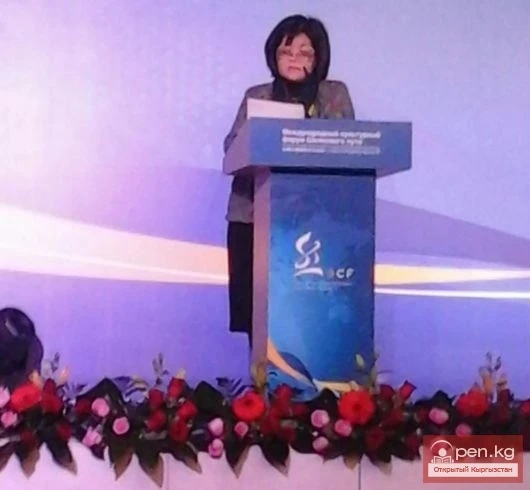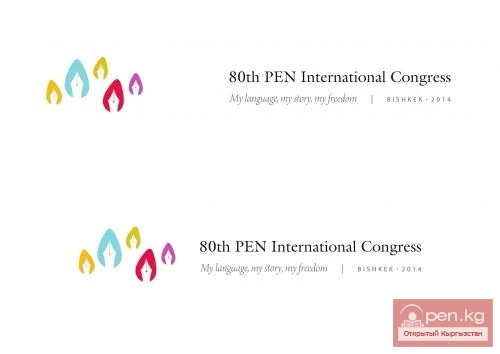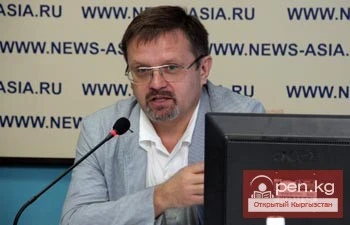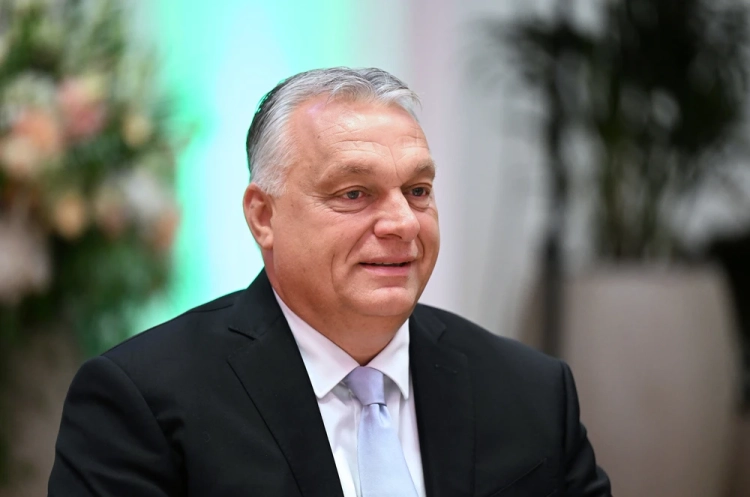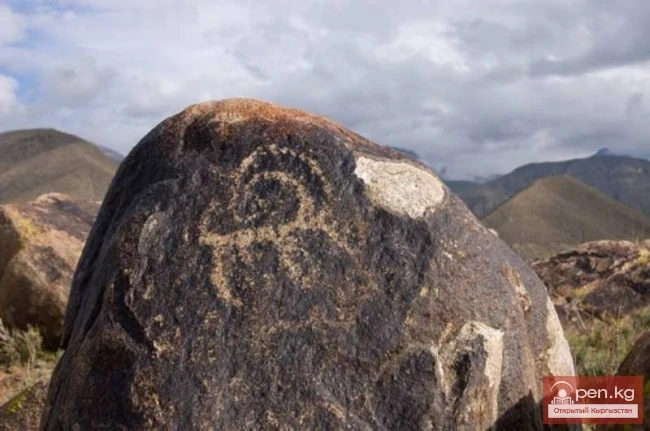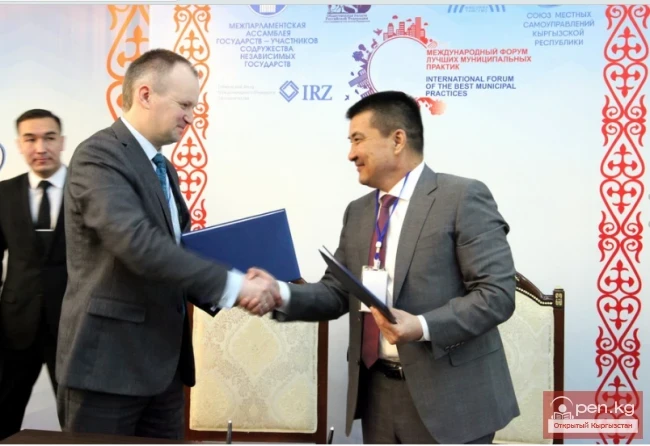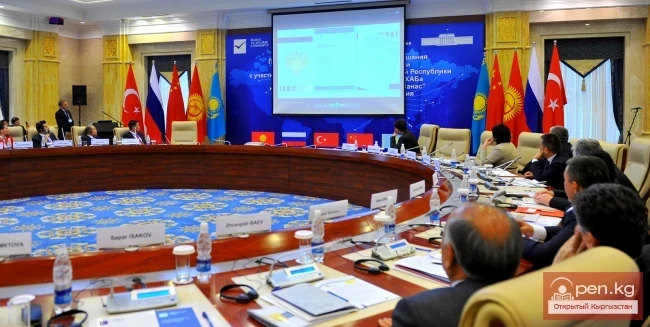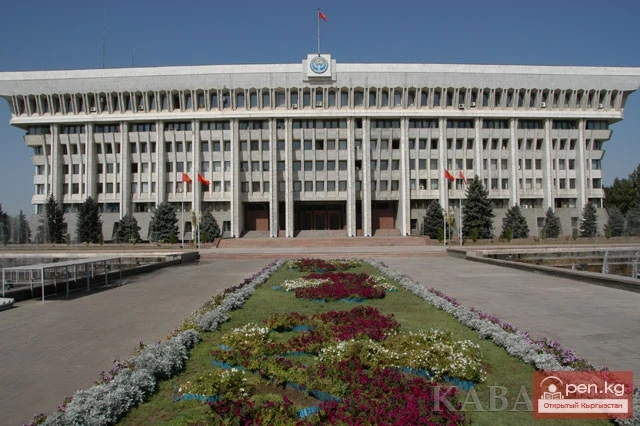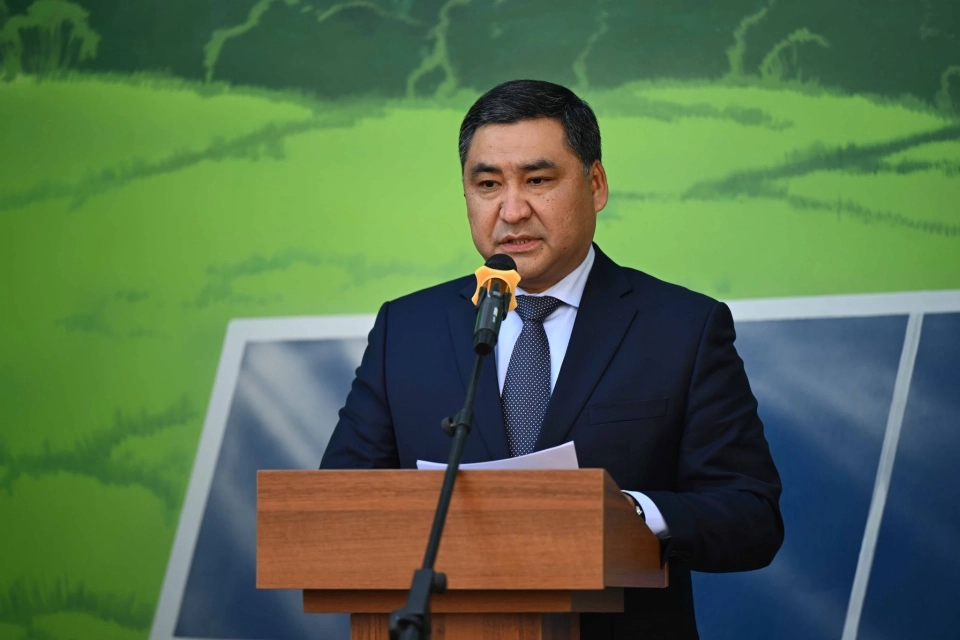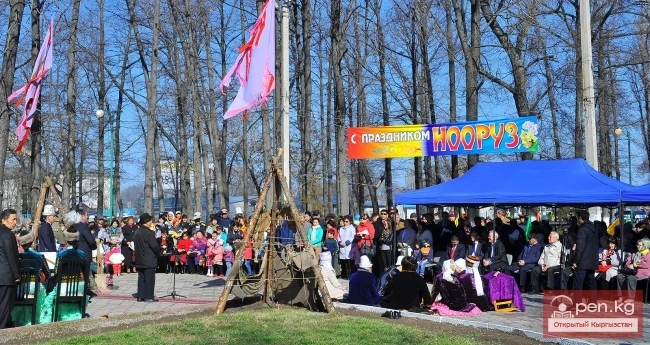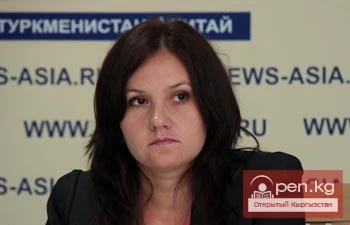
From October 29 to November 3, U.S. Secretary of State John Kerry will make an official visit, during which he will visit all five Central Asian republics for the first time. The Secretary of State will stop in Bishkek, Samarkand, Astana, Dushanbe, and Ashgabat to hold bilateral talks with high-ranking government representatives in each country.
In Bishkek, the U.S. Secretary of State is expected to inaugurate a new campus of the American University (the official opening ceremony of the AUCA campus is also planned to include financier George Soros) and one of the buildings of the U.S. embassy.
In Samarkand, Kerry will participate in a meeting with the foreign ministers of Central Asian countries in the C5+1 format — a new dialogue format with the U.S. that Washington intends to launch in the region. This idea was discussed in September when Kerry met with the five foreign ministers of Central Asia in the corridors of the UN General Assembly.
In Astana, scheduled events include negotiations with the President of Kazakhstan N.A. Nazarbayev, participation in a meeting within the framework of the "U.S.-Kazakhstan Strategic Partnership" dialogue, and a speech at Nazarbayev University. In Ashgabat and Dushanbe, a wide range of bilateral and regional issues will be discussed.
The event is significant from the perspective of the region's geopolitics and indicates that the U.S. does not intend to relinquish its influence in the region, and in light of the Syrian and Afghan crises, will increase its geopolitical and military presence in Central Asia. It is likely that in informal discussions, John Kerry will talk with Central Asian leaders about the possibility of strengthening military presence in the region, signing new strategic agreements, and possibly establishing military bases, for example, in Turkmenistan.
Japan may serve as a strategic partner for the U.S. in the region, as Prime Minister Shinzo Abe has already gauged the ground for starting new economic projects.
From October 22 to 27, Shinzo Abe also visited all Central Asian countries for the first time in his nine years as Prime Minister. The head of the Japanese government was accompanied by a delegation of fifty businessmen and heads of the largest corporations in the country. This indicates that Japan is also getting involved in the struggle for influence in Central Asia and is trying to counter Beijing's interests in the region. Each of the countries in the region received generous promises of major projects and investments.
Japanese Prime Minister Shinzo Abe and President of Uzbekistan Islam Karimov signed contracts worth $8.5 billion. In addition to existing joint projects in uranium, railway transport, mining, automotive, telecommunications, and electronics, new projects in the energy sector were added. Japanese companies expressed readiness to invest in the development of new gas fields and showed overall interest in gas supplies from Uzbekistan.
The central theme of the negotiations between President of Kazakhstan Nursultan Nazarbayev and Prime Minister of Japan Shinzo Abe was economic cooperation. The leaders of Kazakhstan and Japan signed a joint statement on deepening and expanding the strategic partnership between the two countries, a joint statement by the President of Kazakhstan and the Prime Minister of Japan on a comprehensive ban on nuclear testing; a protocol on cooperation in combating the legalization of proceeds from crime and financing of terrorism.
Prime Minister Shinzo Abe confirmed Japan's readiness to build the first nuclear power plant in Kazakhstan and to train specialists in the field of nuclear energy. Kazakhstan and Japan agreed to consider the possibility of implementing joint projects for the processing of rare earth metals in Kazakhstan. During the Kazakhstan-Japan business forum, companies from both countries signed more than 10 documents.
In Ashgabat, during negotiations with President Gurbanguly Berdymukhamedov, a contract worth $18 billion was signed. The head of the Japanese cabinet called the agreements in Ashgabat a "great business opportunity" for Japanese companies.
An important event was the signing of an agreement between the corporations Mitsubishi, Chiyoda, Sojitz, Itochu, and JGC and the state concern "Turkmengas" for the development of part of the "Galkynysh" gas field, from which the Turkmenistan–Afghanistan–Pakistan–India (TAPI) gas pipeline will begin. Thus, Japan has joined the implementation of the TAPI project and has dealt a blow to China's interests, which had hoped for special, if not monopolistic positions in the development of the "Galkynysh" field.
Against this backdrop, the outcomes of Shinzo Abe's visit to Dushanbe and Bishkek appear rather modest, possibly due to the level of economic development of the countries and their involvement in integration with Russia. Nevertheless, the visit proved to be quite important for these countries and for Japan itself. It should be noted that no Japanese leader has ever visited either Kyrgyzstan or Tajikistan before this.
In Kyrgyzstan, the following documents were signed: a joint statement; exchange notes between the governments and a grant agreement for the project "Improvement of International Roads"; exchange notes and a grant agreement for the project "Improvement of Equipment at Manas International Airport"; exchange notes for non-project grant assistance from the Japanese government to small and medium-sized businesses; statements on cooperation in combating the legalization of proceeds from crime and financing of terrorism; a memorandum of understanding between Ayil Bank and the Japanese engineering corporation IHI Star; a memorandum between the Ministry of Agriculture and Melioration of Kyrgyzstan and the Japanese corporation IHI Star.
According to the documents signed in Kyrgyzstan, the Japanese government will finance the modernization of Manas International Airport and provide a loan of $107 million for the reconstruction of the Osh-Batken-Isfana road.
Following the negotiations between Japanese Prime Minister Shinzo Abe and President of Tajikistan Emomali Rahmon, documents were signed including: a joint statement on partnership between Tajikistan and Japan; agreements for the project "Restoration of the Drinking Water System in the Panj District of the Khatlon Region" (Phase 2); a memorandum on economic and scientific-technical cooperation; a statement on information exchange in combating the legalization of proceeds from crime and financing of terrorism; two agreements for the project to improve locust management methods; and an agreement on cooperation and scientific exchange between the Tajik Institute of Languages and Tsukuba University of Japan. Tajikistan will also receive from Japan grant assistance amounting to $7.4 million, which will be directed towards the development of agriculture and infrastructure.
Thus, Japan is beginning to actively engage in the region, particularly in Turkmenistan, Kazakhstan, and Uzbekistan, which possess significant hydrocarbon reserves and occupy interesting positions in the geopolitical structure of the region, attracting increased attention from Japan. Political presence in Central Asia is also important for Japan.
Many Japanese media outlets reported that the purpose of Shinzo Abe's visit to Central Asia was, firstly, to strengthen relations with the resource-rich countries of Central Asia, and secondly, to contain China's strong influence.
These goals align with U.S. interests, and therefore the visit of Japanese Prime Minister Shinzo Abe and U.S. Secretary of State John Kerry to Central Asia can be viewed as a joint new "American-Japanese approach" to the region, marking a new stage in countering Russian integration initiatives and Chinese economic projects.
The Central Asian tour of Japanese Prime Minister Shinzo Abe, as well as that of U.S. Secretary of State, is the first event of its kind in the history of relations between Japan and the countries of the region, and between the U.S. and the countries of the region. Considering the progress in establishing the Trans-Pacific Partnership and the fact that Shinzo Abe visited Mongolia before his trip to Central Asia and actively lobbied for the TAPI project, it can be assumed that the U.S. (with Japan's help) will actualize the Greater Central Asia project and attempt to counter the integration projects of Russia and China.
Director of the Eurasia-Volga Information Center Marina Lapenko


